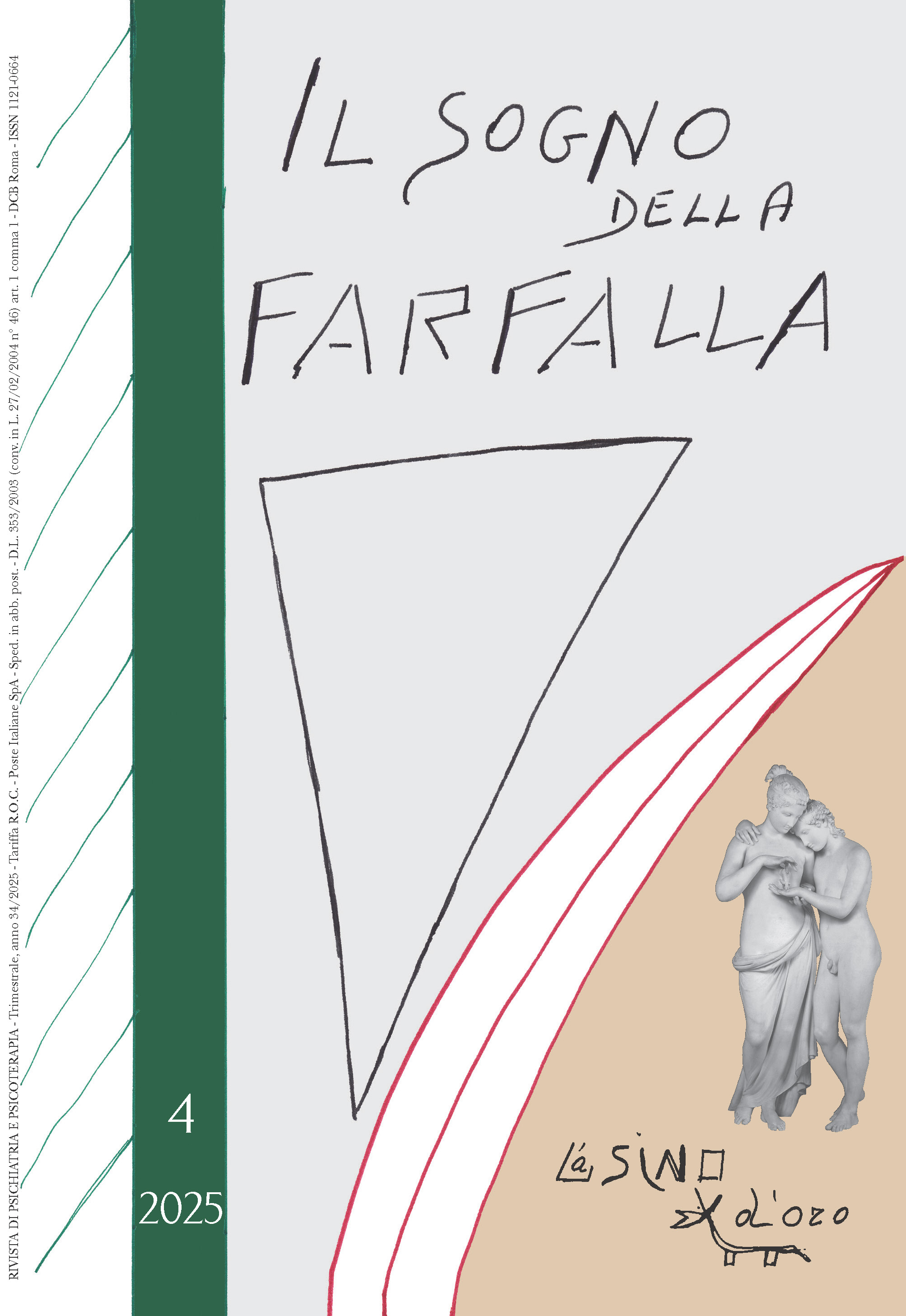Learning and processing. The psychotherapist’s creativity from theory to practice
Abstract
The aim of this article is to investigate the psychotherapist’s creativity within the therapeutic relationship. It has been observed that recent developments in modern psychoanalytic orientations have led psychotherapists to become more actively involved in the therapeutic relationship, often leaving them unprepared at the level of personal development and training. Otto F. Kernberg had previously highlighted the limitations of traditional psychoanalytic training, which, rather than fostering the “natural creativity” of young candidates, often suppresses it until it diminishes entirely. After examining the perspectives of those who view psychotherapy as a fundamentally creative process involving both therapist and patient, the authors aim to explore Massimo Fagioli’s thought, which has opened new perspectives for understanding the path a therapist must take to cultivate creativity within the therapeutic relationship. The authors seek to investigate the dynamics that lead to the “forgetting” of others’ ideas and discoveries to assimilate their human and research content. This process represents an original internal realization that, on one hand, entails acknowledging the work of others and contributes to the appreciation and dissemination of their findings. On the other hand, it enables the therapist to develop their own thinking and expand their creative potential, fostering a more personalized and innovative approach to practice.


